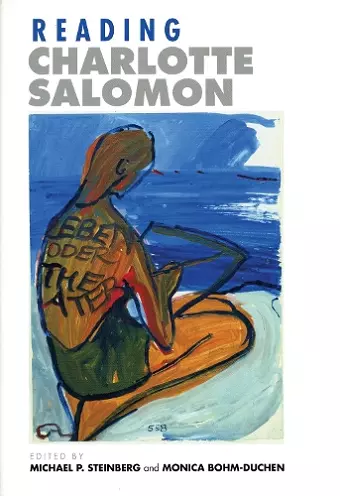Austria as Theater and Ideology
The Meaning of the Salzburg Festival
Format:Paperback
Publisher:Cornell University Press
Should be back in stock very soon

Austria's renowned Salzburg Festival has from the outset engaged issues of cultural identity in a country that has difficulty coming to terms with its twentieth-century history. That this is the case was especially apparent in 1999, when the Austrian president opened the festival with a speech attacking its profile under the direction of Gerard Mortier and calling for a return to the ideals of its spiritual founder, Hugo von Hofmannsthal. This proved the opening shot in a renewed debate about the direction of the Festival, which is in fact a debate about the identity of Austria itself. The issues posed foreshadowed the uproar that erupted several months later when Joerg Haider's right-wing Freedom Party joined a coalition with the conservative People's Party, wresting control of the government from the Socialists and provoking the wrath of Austria's partners within the European Union. What accounts for the profound intellectual and cultural ambivalences that have characterized Austrian history in the twentieth century?In this highly regarded book, Michael P. Steinberg investigates the goals and meanings of the Salzburg Festival from its origins in the wake of defeat in World War I and the collapse of the Habsburg Empire. He focuses on those aspects that reveal with special clarity the interplay between the Festival's history and the larger problems of Austrian and German ideology and identity. At the heart of his analysis is the problem of "nationalist cosmopolitanism," which he sees as a central element of German and Austrian culture from the period of the German enlightenment on. He shows how the Festival sought to embody and extend this paradoxical tradition and, in the Preface to the Cornell Paperbacks edition, explores the latest chapter in the Austrian culture wars. Steinberg's book is at once a brilliant history of an important cultural institution and a work that deepens our understanding of the unstable relationship between culture and politics in Europe at the beginning of the twenty-first century.
"Steinberg makes the case with remarkable scholarship and analysis that summertime Salzburg . . . was the scene of an attempt to reconstitute Austria as a European cultural center after it had been marginalized by the collapse of the Habsburg empire. This new image of Austria was to be at once nationalist and, in its attachment to ideals taken from the Catholic Baroque, universalist and conservative."—Edward W. Said, The Nation
"Austria as Theater and Ideology provides fascinating insights into various aspects of the culture that shaped the Salzburg Festival. . . . Integrating political history, biography, drama, and opera analyses and critique of ideology, Steinberg places the Salzburg Festival in the broad framework of Austrian intellectual history. The book is a well-researched, thoughtful, stimulating, often provocative study of one of Austria's most beloved, yet controversial, institutions."—German Studies Review
"Steinberg is intent on probing just what the festival's founders saw themselves as celebrating and how their original vision can be understood against the background of forces and demands within fin de siècle Austria. . . . He shares his methods with many cultural historians and utilizes these methods with an impressive command, making his book an excellent example of what such an approach can accomplish."—Opera Quarterly
"Michael P. Steinberg's book is more than a history of the Salzburg Festival. It is an important study of the relations between culture and politics in general."—Gerard Mortier, Artistic Director of the Salzburg Festival
- Winner of Winner of the 2001 Victor Adler Staatspreis for th.
ISBN: 9780801486920
Dimensions: 229mm x 152mm x 19mm
Weight: 454g
288 pages